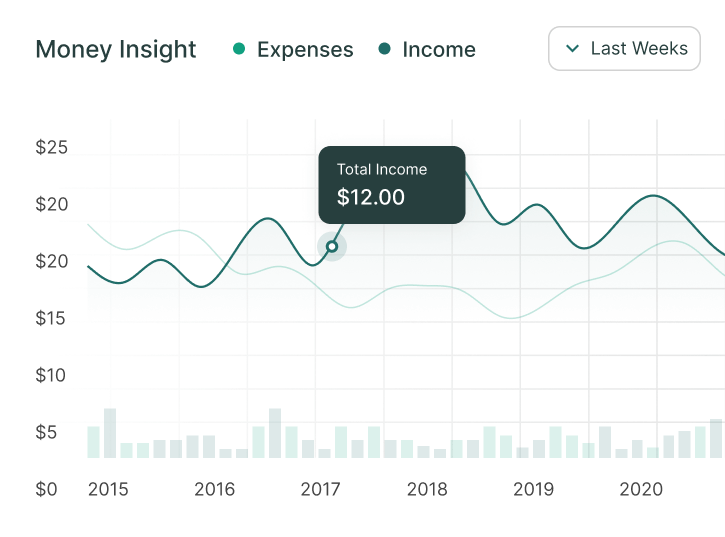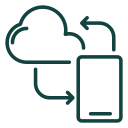Health Insurance
Health insurance is a crucial aspect of financial planning and personal well-being, providing essential coverage for medical expenses and healthcare services. However, navigating the complexities of health insurance can be daunting without a clear understanding of the options available, coverage terms, and key considerations. In this detailed blog, we’ll explore the ins and outs of health insurance, empowering individuals and families to make informed decisions and secure the right coverage for their needs.
The importance of health insurance in managing healthcare costs cannot be overstated. Here’s why health insurance is crucial:
- Financial Protection: Health insurance shields individuals and families from the potentially devastating financial consequences of unexpected medical expenses. Without insurance, a serious illness or injury could lead to significant out-of-pocket costs, including hospital bills, doctor’s fees, medications, and other healthcare services.
- Access to Healthcare Services: Health insurance ensures access to essential healthcare services, including preventive care, routine check-ups, diagnostic tests, and treatment for illnesses and injuries. With insurance coverage, individuals can seek medical attention when needed without delay, leading to better health outcomes and disease prevention.
- Affordability of Care: Health insurance helps make healthcare more affordable by negotiating discounted rates with healthcare providers and facilities. Insured individuals typically pay lower rates for medical services than uninsured individuals, reducing the overall cost of care.
- Preventive Care and Early Intervention: Health insurance often covers preventive services such as vaccinations, screenings, and wellness exams at little to no cost to the insured. By promoting preventive care and early intervention, insurance helps detect and address health issues before they become more serious and costly to treat.
- Protection Against Catastrophic Expenses: In addition to covering routine medical expenses, health insurance provides protection against catastrophic healthcare costs, such as those associated with major surgeries, hospitalization, or long-term care. Without insurance, these expenses could lead to financial ruin for individuals and families.
- Compliance with Legal Requirements: In many countries, having health insurance is a legal requirement. Failure to maintain health insurance coverage may result in penalties or fines, further underscoring the importance of obtaining and maintaining adequate insurance.
Health Insurance
Cash Out Refi
Home Equity Rates
Access advanced tools, exclusive saving insights, ad-free experience
Unlock access to advanced tools, exclusive savings insights, and enjoy an ad-free experience with our premium membership. Upgrade today to elevate your user experience and maximize your benefits.

Earn way more on savings
Maximize your savings potential and earn significantly higher returns with our innovative savings solutions. Discover how you can optimize your finances and achieve your financial goals faster. Start earning more on your savings today
Build your wealth with 100.000+ users worldwide!
Enjoy peace of mind while effortlessly growing your funds
Bank account integration
Connect your accounts effortlessly to access real-time insights, automate transactions, and optimize your finances. Experience the convenience of consolidated banking and unlock new possibilities for financial growth.
Investment insights
Gain valuable investment insights to make informed decisions and maximize your financial returns. Our comprehensive analysis and expert recommendations help you navigate the complexities of the market with confidence.
Goal tracking
Track and achieve your financial goals with precision using our intuitive goal tracking tools. Set personalized targets, monitor progress, and receive actionable insights to stay on course towards financial success.
Customizable reports
Elevate your financial management with customizable reports tailored to your unique needs. Gain deep insights into your spending patterns, investment performance, and overall financial health.
Sync across devices
Synchronize your financial data seamlessly across all your devices for unparalleled convenience and accessibility.
Management help
Get the management help you need to take control of your finances and achieve your goals. Our comprehensive tools and expert guidance empower you to make informed decisions, streamline your financial processes.







